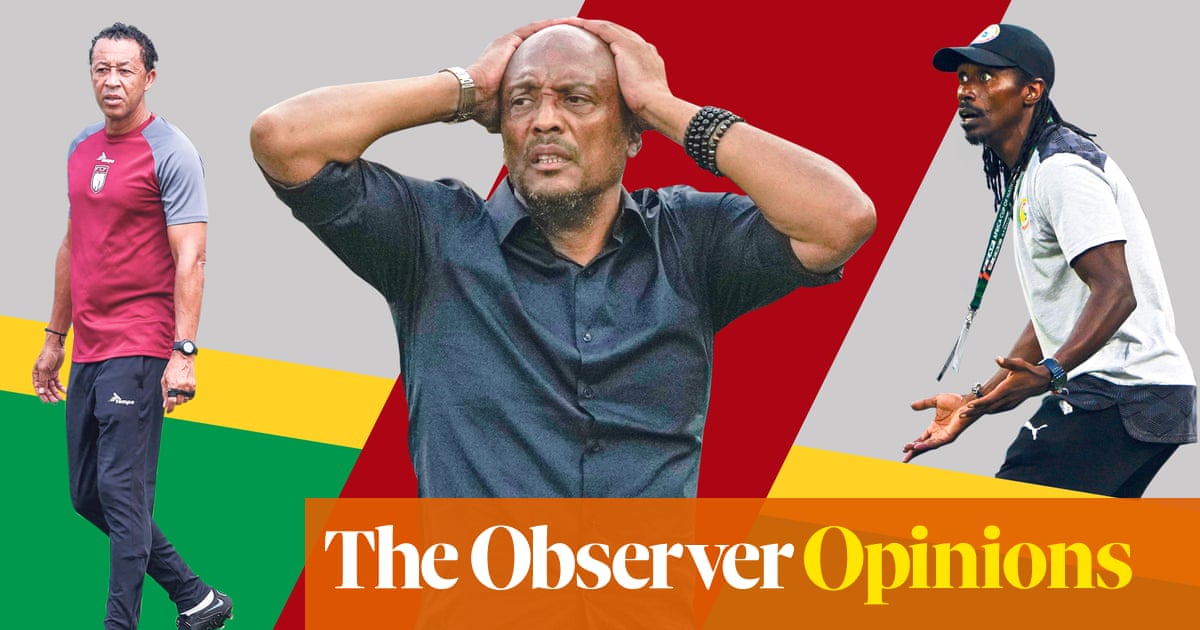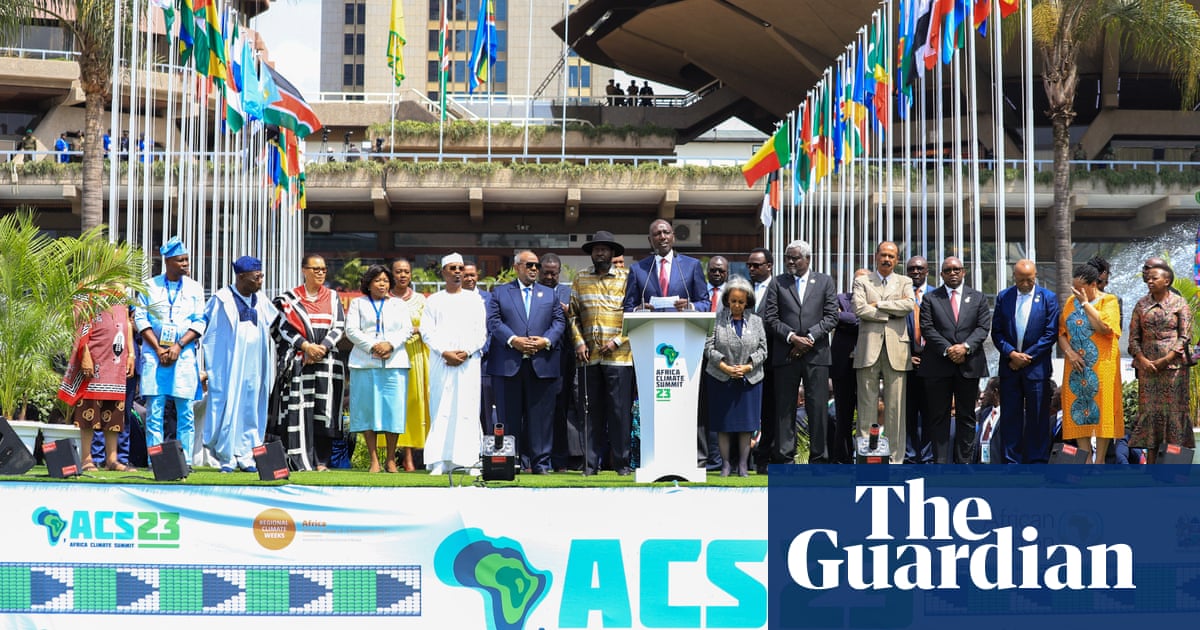
he swift toppling of Ibrahim Boubacar Keïta (aka IBK), the president of Mali, on Tuesday does not bode well for two overlapping (and troubled) sections of west Africa: the Sahel and the Francophone countries. His fall is the latest chapter in the long-running drama of Mali’s condition of suspended state collapse. It is also part of a recurring war in which top politicians in Francophone Africa start waging against rules and institutions the moment they get in power.
Given that Mali is the centre of the jihadist violence that has engulfed this part of the world since 2012, and that many Francophone states are organising general elections this autumn and winter, the significance of the event for the west African region cannot be overstated.
IBK, a run-of-the mill politician, was elected to power at Mali’s darkest hour, in September 2013. The year before, hapless Tuareg rebels had detonated the powder keg that was northern Mali and been quickly sidelined by a combination of north African and local jihadists.
These jihadists overran northern and central Mali in early 2013 and only French airstrikes blocked them from taking the capital, Bamako. At that juncture, IBK’s mandate was clear: do all it takes to resurrect Mali. Not being cut out for that mission, he sank into the culture of graft and state-sabotaging intrigues which has been the bane of Malian politics for decades. In charge of a state that was in the throes of fiscal crisis, and a country facing existential dilemmas, his first action was to buy a presidential plane. As infirmities crept in, accusations of cronyism became commonplace: his son Karim, known for his lavish lifestyle, was chair of the parliament’s defence committee until his resignation last month. Meanwhile, jihadists became entrenched in the north, and the centre was turned into a playground of murderous militias and drug traffickers, some serving the interests of high-placed cliques in Bamako, as a leaked UN report revealed.
Far from dealing effectively with these dire issues, IBK spent much time and energy, according to his opponents, abusing Mali’s political institutions – the constitutional court, which decides on the validity of election results, and the national assembly – to consolidate his monopolised power. In the spring of 2020, his actions finally wearied many Malians. Long-brewing anger solidified into a gritty protest movement of civil society critics, political opponents and some key religious figures. In early June, this gave birth to the M5 movement.
The stated aim of the movement was to deprive IBK of the power to harm the state, and start a process of reform that would begin to fulfil the dream of Mali’s resurrection. But it comprised a motley crew. Worryingly, it was dominated by the imam Mahmoud Dicko, an admired Salafi ideologue. (Dicko achieved his status by playing on the religious-conservative instincts of Malians: in 2009, he single-handedly destroyed a law code designed to increase the autonomy of women, and in recent years he has stoked homophobia to oppose the introduction of sex education in schools.) And the movement faced the dilemma that IBK, who was only two years into his five-year term, held constitutional legitimacy.
All the same, street protests carried on unrelentingly through the summer, weathered deadly repression – estimates of fatalities range between 11 and 23 – rejected concessions from a beleaguered IBK, and focused on demanding his resignation. The struggle paralysed the already derelict Malian state and locked the country into a dead end. In this wrangle of constitutional v popular legitimacy, mediation from the regional Economic Community of West African States proved futile. Eventually the sword of the soldier cut through the Gordian knot.
The military coup-makers did their deed with minimal damage. Having forced IBK to resign, they now speak of elections and a transition government, and seem to have acted to supply a way out of a hard stalemate. But Mali’s ills are not all about IBK, and his fall is not going to fix everything. Pending issues include the agenda of some of the actors of the M5 movement, such as Dicko and some political opponents. And we still don’t know who and what is behind the prolonged captivity of Soumaila Cissé, the leading figure of the opposition, kidnapped by jihadists in late March.
But the broader issue is that of the political culture that created an IBK in the first place. This culture of care-free rule-breaking and rampant abuse of political institutions seems today typical of Francophone west Africa. Unlike Francophone central Africa, where dictatorships remain firmly in place, Francophone west Africa largely democratised in the 1990s (Togo is the exception). But top politicians strive to trick history by sabotaging democracy from within. Despite repeated coups and popular insurrections that stem directly in opposition to their behaviour, they reliably return to the violation of democratic norms. This shows especially in electoral processes.
Recently, Ivory Coast’s president, Alassane Ouattara, declared his intention to break the constitutional two-term limit rule and be a candidate to his own succession come October. In Guinea, the president, Alpha Condé, has committed to a similar course. If Niger’s Mahamadou Issoufou, perhaps having learned from the fate of his predecessor, Mamadou Tandja (removed by an army coup similar to the current one in Mali), has pledged not to break the term-limit rule, he has altered electoral rules with the effect of marginalising the opposition. The exception at the moment is Roch Marc Christian Kaboré, the president of Burkina Faso and the beneficiary of an insurrection that toppled his rules-breaking predecessor.
The Mali events are thus ominous for both the citizens of Francophone west Africa and those in power. What’s more, the jihadist war, which has spread from Malian territory into parts of Burkina Faso and Niger, means that whatever happens in Bamako in the next several weeks will have ramifications for an issue vital to security in the Sahel and beyond.
• Rahmane Idrissa is a political scientist and historian based at the African Studies Centre at Leiden University











